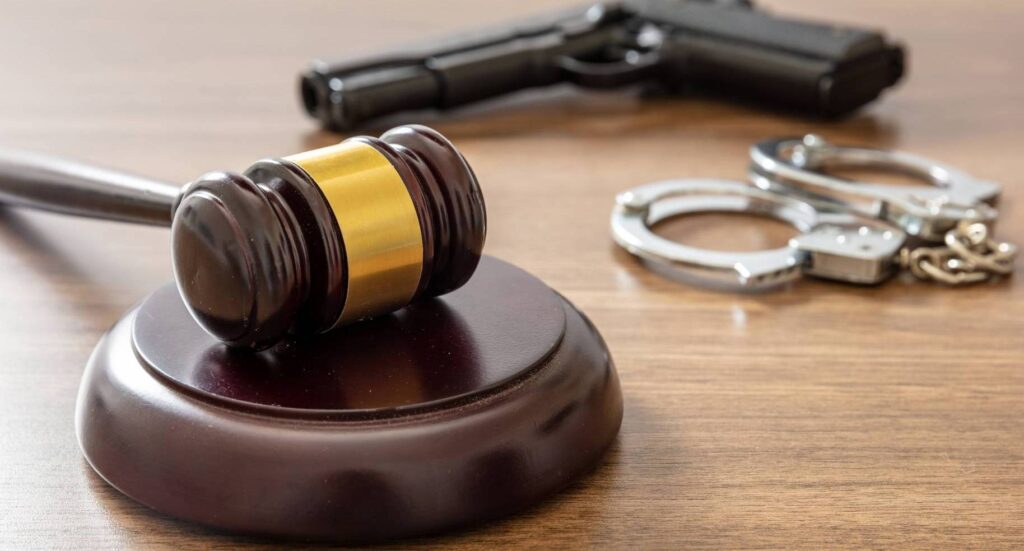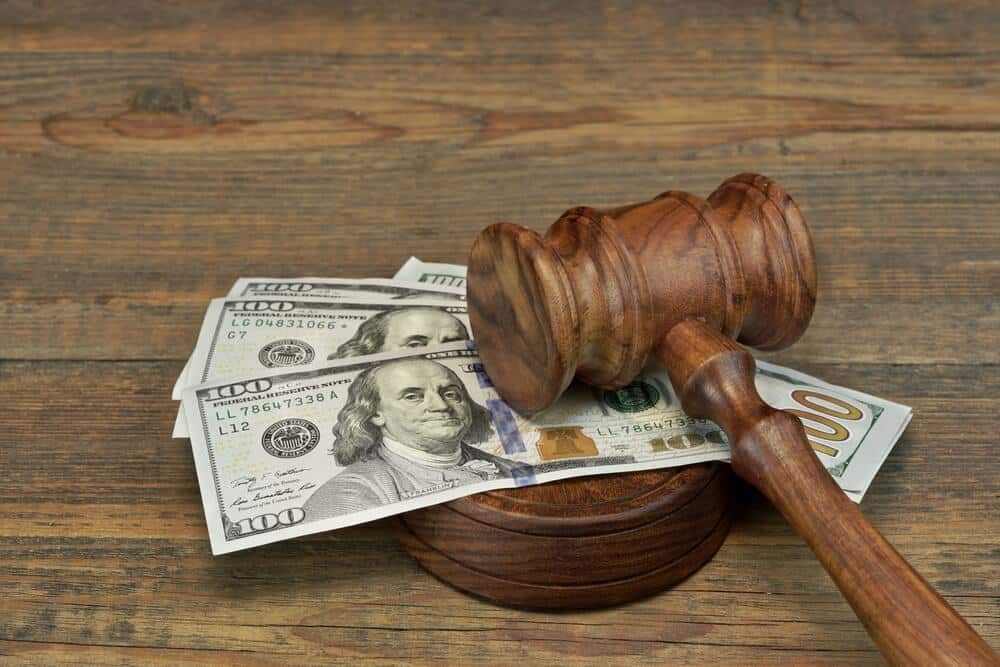Have you been accused of a criminal offense in Massachusetts? If you have been, you can expect the process to go as follows:
- You will be arrested, and brought down to the police to be fully processed. Depending on the charge, you will likely be released– but on your own recognizance. This means, you recognize that you have been arrested and promise to attend you next court date, whenever it is schedule.
- Next, a bail bondsperson or a state or country clerk will come where you are at the police station. This person’s job is to determine weather or not you are a flight risk, meaning there is some suspicion that you may not show up to your court date. This visit comes at a charge to you, typically forty dollars.
- Depending on a few factors, the clerk or bail bondsperson may determine that you are not likely to return for your scheduled day for court. If this is the case, that person will require that you post cash bail before you can be released.
- For those who have been arrested and were taken directly from the police station to a court to be arraigned, a judge would then determine the amount of your bail. Otherwise, a clerk or bondsperson will set your bail right at the police station.
In some cases, a clerk or bondperson will set bail at the police station, which you can then pay. But even if you post that amount of bail (pay), the judge at your arraignment may still choose to increase the amount of your bail. If this happens to you, you are stuck in jail until you post the higher amount of bail.
Read on to learn more about posting bail, and what to do if you have been charged with a criminal offense in Massachusetts. At Toland Law, we offer a free criminal case evaluation for anyone in this situation. The sooner you call a trusted Boston criminal defense lawyer after getting arrested, the sooner you can get started building a strong case for your defense.
What Is Bail?
Bail is formally defined as: “The money a defendant pays as a guarantee that they will show up in court at a later date. A failure to return triggers the bond obligation and allows the court to keep any money given as security. According to the American Bar Association, the judge or magistrate decides the amount of bail by weighing many factors, including:
- the risk of the defendant fleeing,
- the type of crime alleged,
- the defendant’s employee history
- any current restraining orders in effect
- any history of mental illness
- any history of substance abuse
- if the defendant has known aliases or has used false identification in the past
- the “dangerousness” of defendants, and
- the safety of the community.
In some cases, bail is conditioned on certain behavior of the defendant; for example, that they have no contact with the alleged victim.” Read on to learn more about the bail process, and schedule a free consultation with Toland Law if you have been accused of a crime in Massachusetts.
What Is A Bail Bond?
A bail bond is formally defined as:
“An agreement to pay the court if a criminal defendant fails to meet the terms of conditional release from custody. Many bail bonds are signed by the defendant and the defendant’s sureties (e.g., a bondsman). Some bail bonds are signed by the defendant only, who may need to deposit money with the court as security for the bond. However, most defendants are financially unable to post their own bail, so they seek a written agreement with a bail bondsman. The bail bondsman acts as a surety by providing money to the court for the person’s bail, promising the defendant will appear in court.”
What Should I Do If I Have Been Arrested In Massachusetts?
Many people don’t understand the nuances of the law, and are not sure where to begin after getting arrested. Having a run-in with the law can be one of the worst experiences in life for any person. When you are going through such trying times, you need a lawyer who is not only a strong advocate in the courtroom but is also compassionate to your needs.
It is important to learn about terms such as bail and bail bonds, so that you can better understand the process that you may soon face. The faster you call a trusted criminal defense attorney in Boston, the faster you can get started creating a strong case for you defense following your arrest.
Schedule a free consultation with Toland Law today if you have been charged with a criminal offense in Boston.









